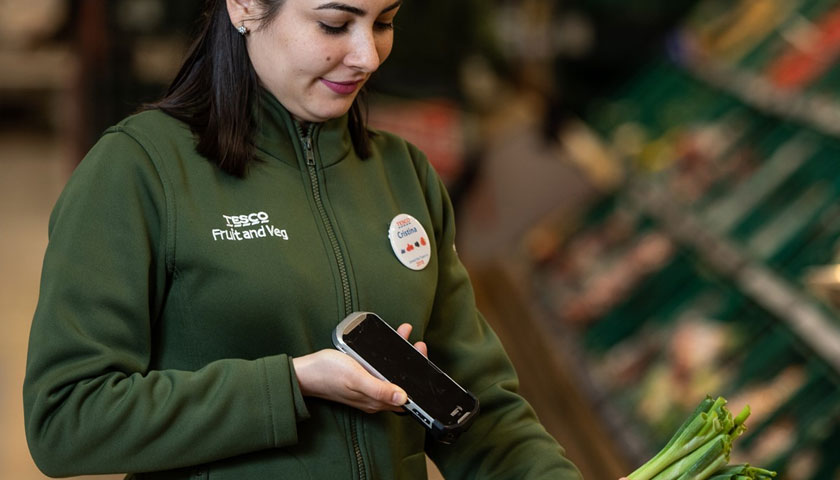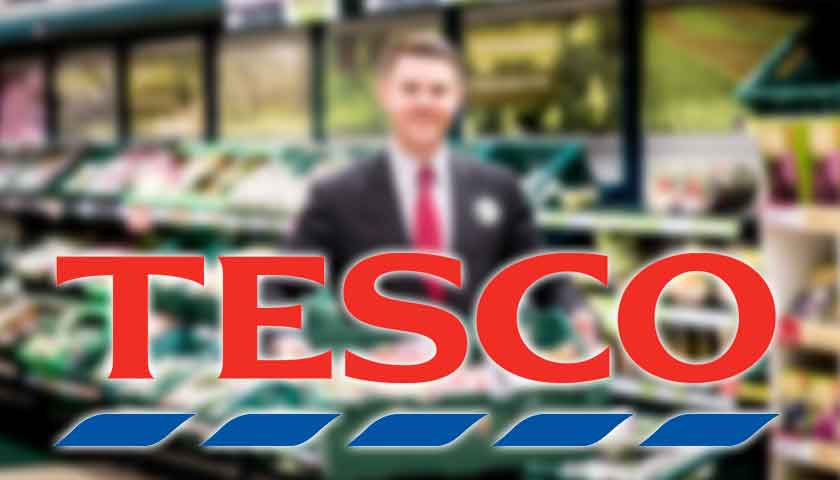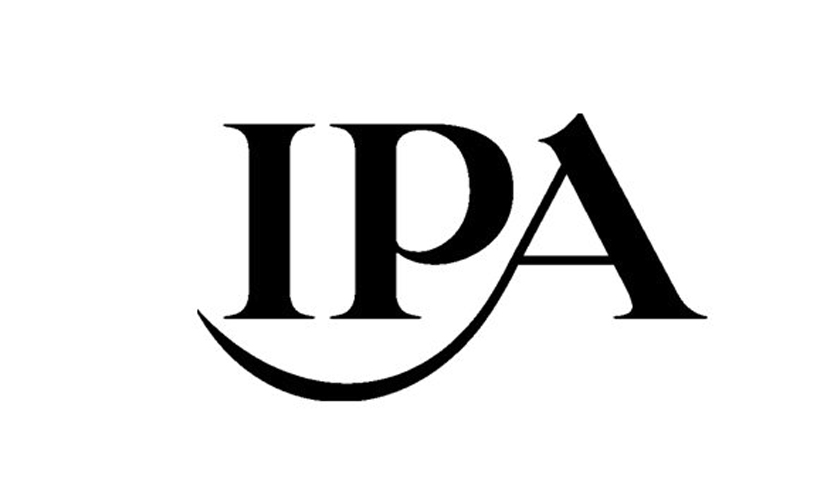The lack of data on progress towards reducing food waste is an obstacle to meeting the SDG 12.3 goal of halving food waste by 2030, according to a report published today by Champions 12.3.
In the UK, 156 of the largest food companies have committed to reduce food waste, but less than a third are publishing their annual food waste data.
Tesco was the first UK retailer to publish food waste data in 2013 and will today publish for the seventh year and announce:
- 27 own brand suppliers, accounting for more than 50% of Tesco’s fresh food sales, published food waste data for the second year running;
- 11 branded suppliers* have published their food waste data, nine for the first time;
- Tesco Lotus and Malaysia have published data for the first time. This completes Tesco’s Group-wide reporting, following the publication of data for Tesco UK, Republic of Ireland and Central Europe.
- 12 own brand suppliers from the Republic of Ireland, representing over one third of fresh food sales, and 14 global growers have committed to publish data in 12 months.
Tesco CEO, and chair of Champions 12.3, Dave Lewis said:
“The case for reducing food waste is indisputable. One third of the world’s food is wasted whilst one in nine people go hungry. If food loss and waste were a country, it would be the third largest emitter of greenhouse gases on the planet. We cannot delay, we must act now.
“A lot of food companies have pledged to tackle food waste, but without transparency will not be able to judge if they are delivering on their commitment. Publishing food waste data is vital and must be mandatory if the UK is to achieve SDG 12.3 to halve food waste by 2030. The Government has indicated it will introduce mandatory reporting and we call on them to do this urgently.”
Since last year, Tesco has halved the amount food safe for human consumption going to waste and today it represents just 0.1% of food sales. To help reduce food waste, Tesco has:
- Donated over 77 million meals from surplus food to local charities
- Rolled out colleague shops to all stores where staff can take surplus food
- Redistributed suitable food for animal feed
- Scrapped best before dates on 180 fruit and veg to help customers reduce waste at home
- Worked with suppliers to help with crop flushes or ‘perfectly imperfect’ produce
- Today announced a new partnership with Flamingo, a global supplier of fresh produce, to support a food waste redistribution programme in Kenya that will see surplus food from pack houses made into soup to feed 5,000 schoolchildren.
Of the world’s 50 largest food companies, over two-thirds have set targets in line with SDG 12.3, more than 40 percent are measuring their food loss and waste, and just one-third are pursuing actions at scale to reduce waste in their own operations. Businesses need to increase efforts to engage their suppliers and increase public reporting of their food loss and waste inventories.


